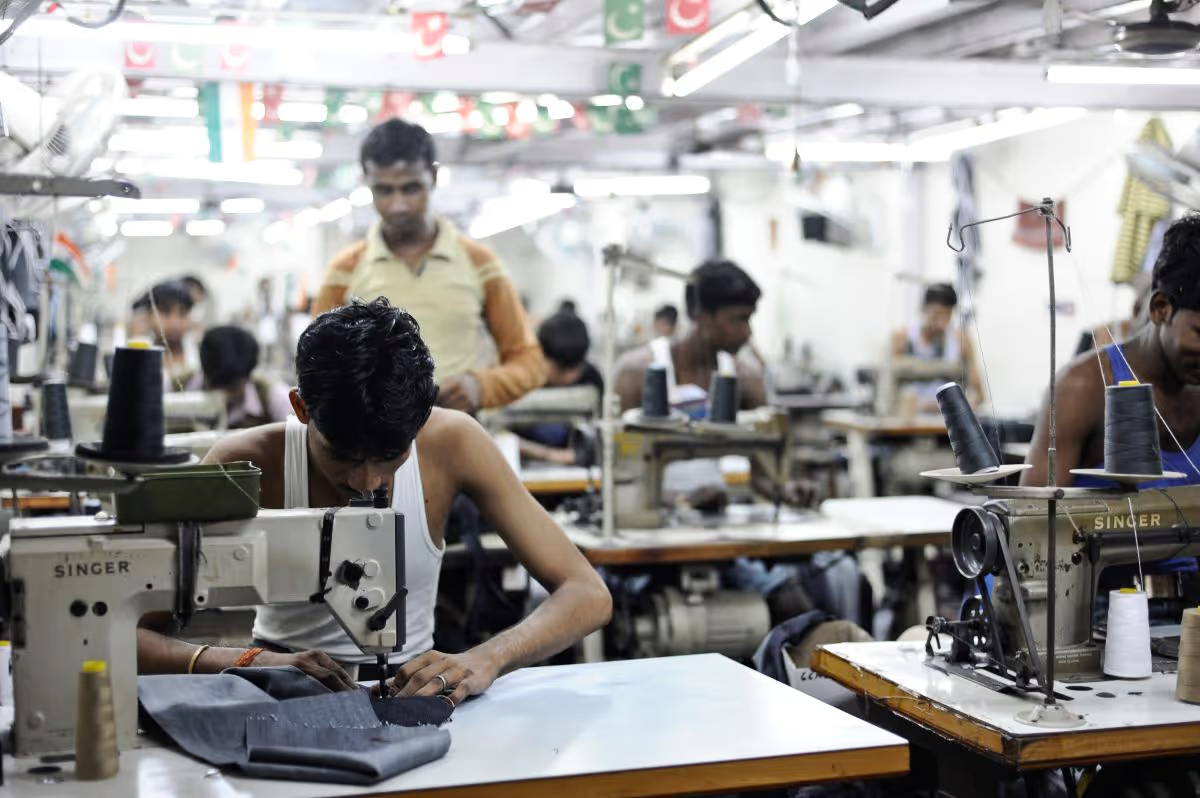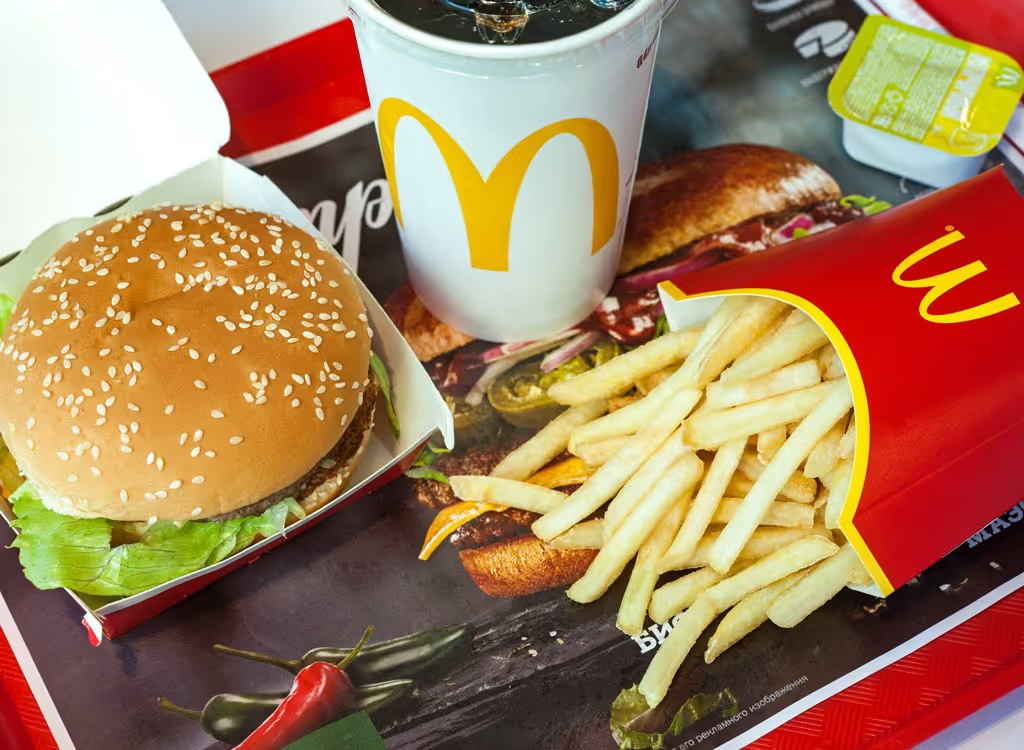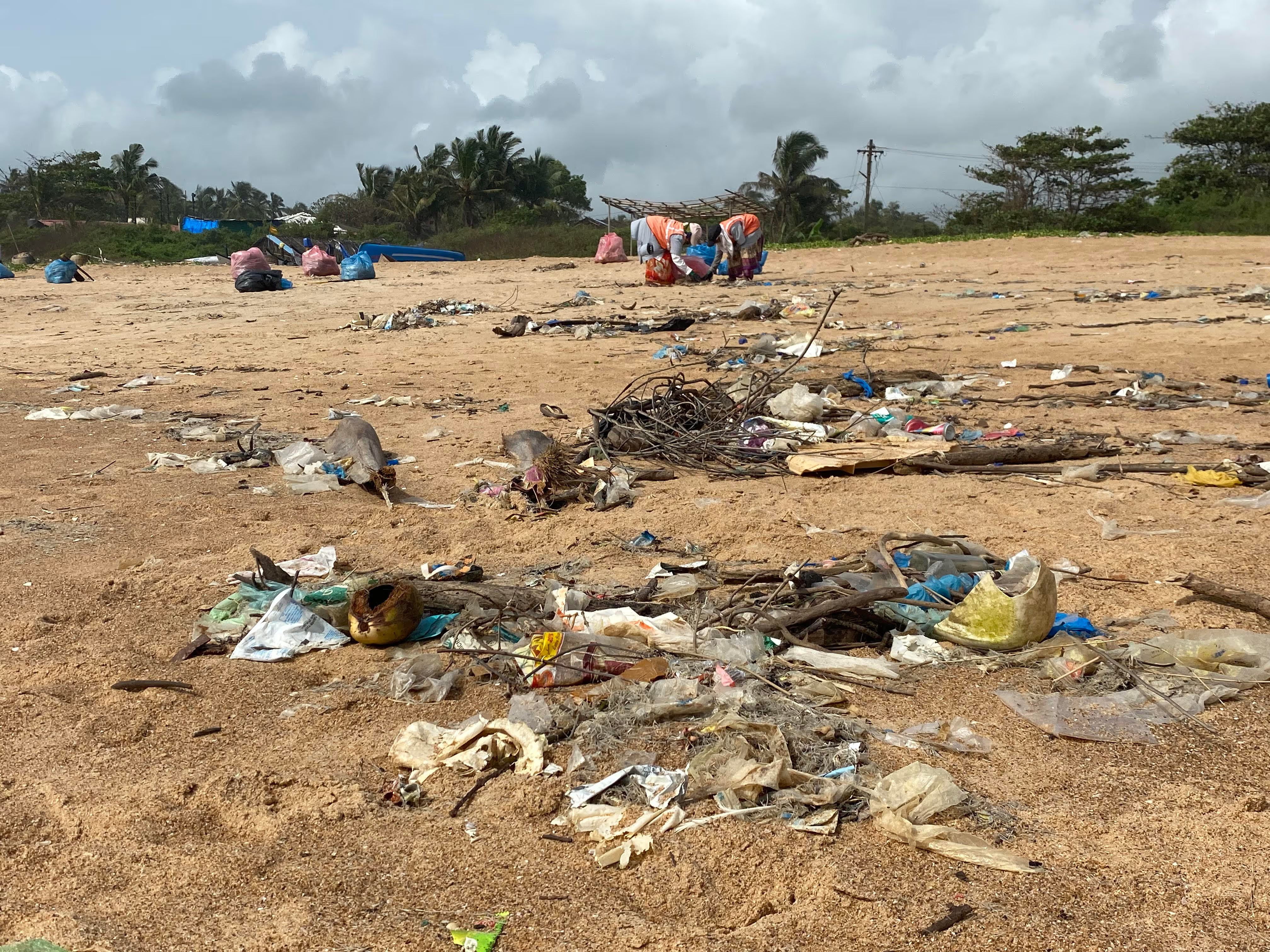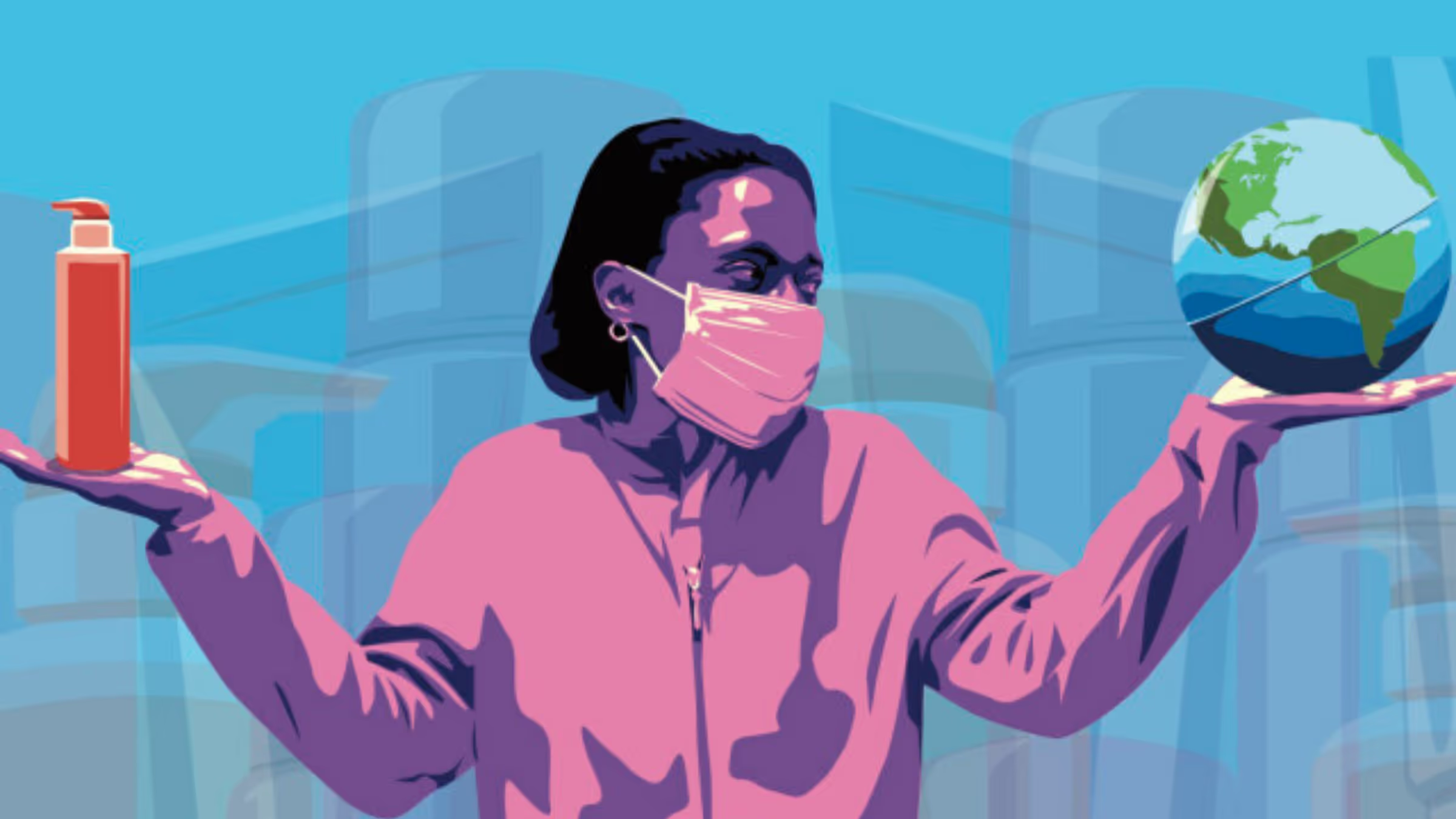We all have our vices – but when your vices are a threat to our planet’s future, they need to be addressed. In today’s consumerist world, we have all fallen prey to two major polluting industries: fast fashion and fast food. Let’s take a look at the extent of our impact and how we can be better:
1. Fast Fashion:

Trends whizz by so fast these days that it’s almost impossible for brands to keep up…unless they compromise on their environmental footprints. To stay relevant, most brands today employ unfair and unethical techniques to mass-produce their clothes. These techniques are cheaper and thus make it easier for companies to churn out fresh batches at shorter time intervals.
These shortcuts result in dangerous social AND environmental implications. The clothes are produced and marketed at such a fast pace that consumers feel compelled to keep up with them. As a response to the industry, they begin wearing and discarding their clothes as quickly as brands release new ones. This leads to huge landfills of clothes in wearable condition. Globally, we now consume about 80 billion new pieces of clothing every year—that’s a whopping 400% more than we were consuming just two decades ago. Americans alone dispose approximately of 12.8 million tons of textiles annually. Once they hit the landfill, it is very unlikely that these discarded clothes that are just “so last week” will be recycled or repurposed.

The humanitarian crisis of fast fashion begins in third world countries that offer cheap, underpaid labour at a mass scale. There have been several reports proving harsh working conditions and child labour in several factories employed by giants like Zara, H&M and GAP.
When consumers are loyal to these brands, we allow them to make money by inflicting social and environmental harm. The responsible course of action would be to ask tough questions of these brands – insist on reports detailing their labor laws and conditions, scrutinize the biodegradability of their clothes, demand avenues to recycle your used clothes. Moreover, when you become aware of the harm caused by fast fashion, try switching to more long-term sustainable brands!
Slow fashion, on the other hand, employs ethical labor and sourcing practices to ensure their consumers a final product of lasting value. These products are better in the long run because they,
a) are made of ethically sourced materials that are less likely to get worn out quickly – this means that people are less likely to buy new clothes at as rapid a rate
b) have better labor practices which translate into greater care for the quality of each individual product
2. Fast Food:

Another industry driven by human convenience is fast food. The rise of our infamous throwaway culture has its roots in fast food. Quick, cheap, and tasty defines the premise of every fast food marketing pitch. Noticeably, ‘sustainable’ or ‘healthy’ are tags that fast food never bothers itself with. Fast food chains pride themselves on being an instant solution, even though the industry has been actively contributing to plastic waste in landfills since its advent.
The major polluters to come out of the fast-food industry are plastic cups, straws, and bags. These “disposable” plastic products take over 400 years to biodegrade once they are discarded. In 2017, 10,130 tons of plastic containers were landfilled.
In addition to the packaging, the fast food industry requires a lot more to sustain itself. The ingredients used are demanded at such a mass scale that they also absorb large quantities of resources. The carbon emitted from the production of a single Big Mac itself is approximately 4 kgs (8.81849 lbs). To put this into context, a gallon of gasoline emits 8.8 kg of CO2, so a cheeseburger has the same emissions as about 1/2 a gallon of gasoline.
The best way to tackle the fast food epidemic is to cut it out entirely. Try to cook your meals so you always know the environmental impact of the food you consume. If not, opt for foods that are locally sourced and packaging-free.
Cutting down on consumer choices that are now deep-rooted habits will not be easy – it’s okay to start small and build your sustainable lifestyle from the ground up. You can begin your journey by making up for the harmful consumer choices you’ve already made – calculate and compensate for your plastic waste! Once you get rid of the waste of your past, you can focus on greening your actions going forward. We send our subscribers bi-weekly tips and tricks to reduce their footprint!
Curb your own plastic consumption and mitigate your impact on the planet by going Plastic Neutral with us today. Small steps enable big changes, take yours today.



.avif)








